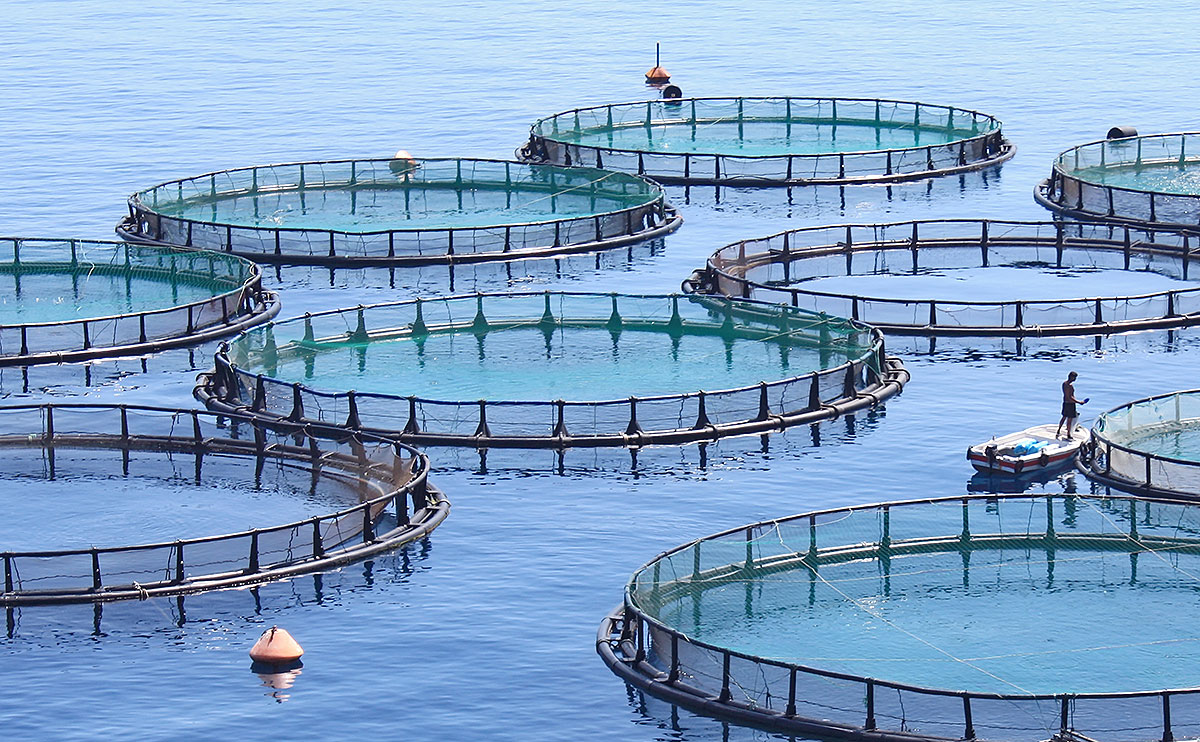We’re headed towards a global food crisis: Nearly 3 billion people depend on the ocean for food, and at our current rate we already take more fish from the ocean than it can naturally replace. In this fact-packed, eye-opening talk, entrepreneur and conservationist Mike Velings proposes a solution: Aquaculture, or fish farming.
“We must start using the ocean as farmers instead of hunters,” he says, echoing Jacques Cousteau. “The day will come where people will demand farmed fish on their plates that’s farmed well and farmed healthy — and refuse anything less.”
Mike Velings is the co-founder and the driving force behind Aqua-Spark, a global investment fund for sustainable aquaculture, combining a healthy financial profit with environmental and social impact. Check out his talk on the case for fish farming below…
If you like this idea, be sure to share it with your friends and inspire someone you know. Anything becomes possible with just a little inspiration…

